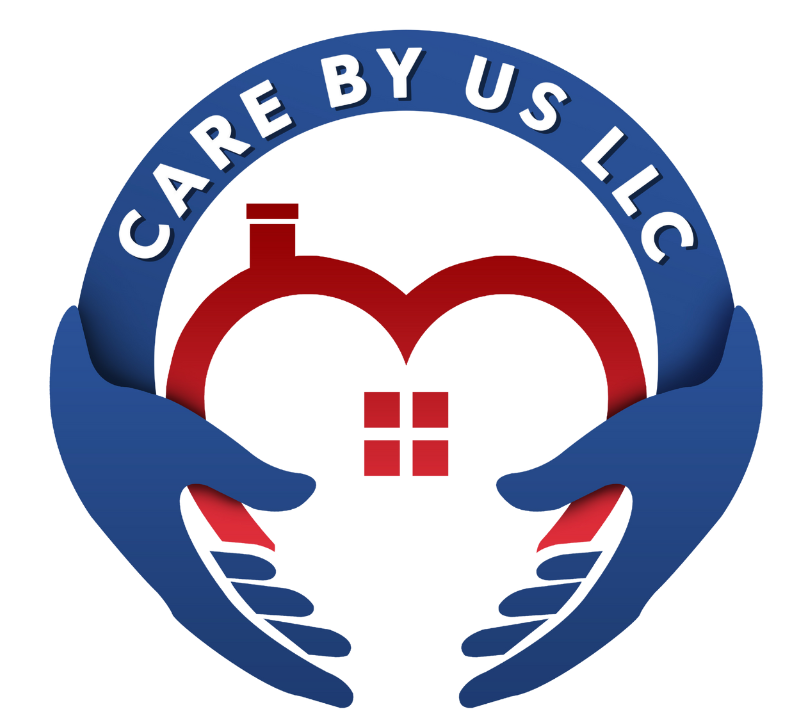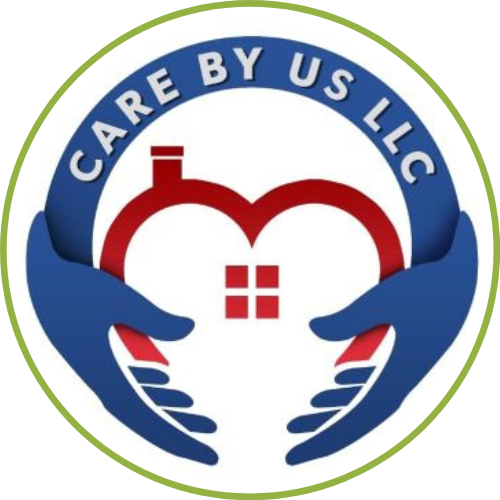Definition of Parkinson's Disease:
Parkinson's disease is a progressive neurodegenerative disorder that primarily affects movement control. It occurs when there is a gradual loss of dopamine-producing cells in the brain, leading to symptoms such as tremors, stiffness, slow movement, and difficulties with balance and coordination.
DID YOU KNOW (US and Florida Statistics)
US Insights:
- The CDC estimates that more than one million Americans are currently living with Parkinson’s disease. The prevalence rate is higher in people over the age of 65, with 1 in every 100 people over the age of 65 being affected.
- The incidence rate of Parkinson’s disease in the United States is estimated at 60,000 new cases per year.
🌴 Florida's Reality:
- According to the Centers for Disease Control and Prevention (CDC), there are over 350,000 people living with Parkinson's Disease in the state of Florida. Florida has the second highest population of Parkinson's Disease patients in the United States, behind only California.
- Approximately two-thirds of all Parkinson's Disease patients in the state are over the age of 65. The CDC estimates that there are over 10,000 people under the age of 45 living with Parkinson's Disease in the state of Florida.
Symptoms of Parkinson's Disease:
Symptoms of Parkinson's disease can vary widely but often include:
- Tremors (shaking) in hands, arms, legs, or other body parts
- Bradykinesia (slowed movement)
- Muscle rigidity
- Impaired balance and coordination
- Stooped posture
- Difficulty with walking and gait
- Reduced facial expression ("masked face")
- Soft or monotone voice
- Micrographia (small, cramped handwriting)
- Non-motor symptoms such as sleep disturbances, depression, constipation, and cognitive changes.
Diagnosis of Parkinson's Disease:
Diagnosing Parkinson's disease involves a thorough clinical evaluation by a neurologist or movement disorder specialist. There is no definitive test, so the diagnosis is based on the presence of specific motor symptoms and the exclusion of other conditions. Medical history, neurological examination, and sometimes brain imaging may be used to aid in diagnosis.
Medications Used to Treat Parkinson's Disease: Several types of medications are used to manage the symptoms of Parkinson's disease. These include:
- Levodopa: Converts to dopamine in the brain and helps alleviate motor symptoms.
- Dopamine Agonists: Mimic the effects of dopamine.
- MAO-B Inhibitors: Help preserve dopamine levels in the brain.
- COMT Inhibitors: Extend the effects of levodopa by inhibiting its breakdown.
- Anticholinergics: Help control tremors and rigidity.
- Amantadine: Can improve symptoms and may be used in early stages.
- Deep Brain Stimulation (DBS): In some cases, surgical implantation of electrodes to stimulate specific brain areas can be effective in managing symptoms.
Care By Us Parkinson's Care and Support Services:
At Care By Us, we understand the unique challenges that individuals with Parkinson's disease face, and we are dedicated to providing comprehensive care and support. Our non-medical home care agencies offer specialized Parkinson's Care and Support services designed to enhance quality of life, promote independence, and assist individuals in managing the symptoms of Parkinson's disease. Our services are tailored to address the specific needs and stages of Parkinson's.
1. Personalized Care Plans: We collaborate with clients, their families, and healthcare providers to develop personalized care plans that address the specific needs, challenges, and goals of individuals with Parkinson's.
2. Medication Management: Our caregivers provide reminders and support to ensure clients take their prescribed medications on time and as directed by their healthcare provider.
3. Mobility Assistance: We offer support with mobility, transfers, and exercises to help individuals with Parkinson's maintain physical strength, balance, and coordination.
4. Fall Prevention Strategies: Our caregivers assess the home environment for fall hazards and implement strategies to reduce the risk of falls.
5. Speech and Communication Support: For individuals experiencing speech difficulties, our caregivers provide support and exercises to enhance speech clarity and communication.
6. Nutritional Guidance: We offer nutritional guidance to support individuals with Parkinson's in maintaining a balanced diet that complements their condition and overall health.
7. Occupational Therapy Support: Our caregivers can assist individuals in practicing occupational therapy exercises and activities to enhance fine motor skills and daily living tasks.
8. Emotional Support: Living with Parkinson's can be emotionally challenging. Our caregivers offer companionship and emotional support to help individuals cope with the emotional aspects of their condition.
9. Cognitive Stimulation Activities: Engaging in cognitive activities such as puzzles, memory games, and art can help maintain cognitive function and mental engagement.
10. Tremor Management Techniques: We provide techniques to manage tremors and other motor symptoms, including exercises and strategies to improve motor control.
11. Transportation Assistance: We offer transportation to medical appointments, physical therapy sessions, and other necessary healthcare visits.
12. Communication with Healthcare Providers: With the client's consent, we maintain open communication with their healthcare team, sharing updates on their condition and progress to ensure comprehensive care.
13. Family Education and Support: We educate family members on Parkinson's disease, its progression, and effective ways to communicate and provide support.
14. Assistive Device Management: We assist individuals in using and maintaining assistive devices such as walking aids or adaptive utensils.
15. Rehabilitation Monitoring: We monitor progress in rehabilitation and communicate with healthcare professionals to make necessary adjustments to the care plan.
At Care By Us, our goal is to provide comprehensive Parkinson's care and support that empowers individuals to live their lives to the fullest. Our Parkinson's Care and Support services focus on enhancing quality of life, promoting independence, and providing the necessary assistance and guidance to manage the challenges associated with Parkinson's disease.


